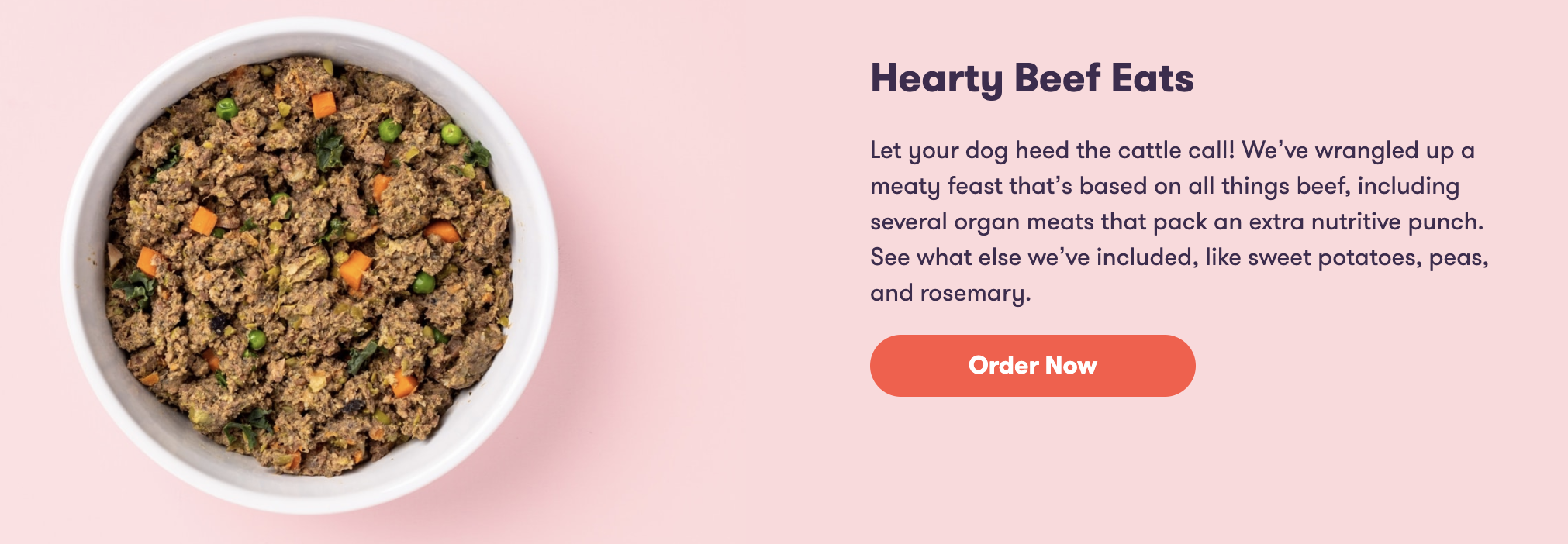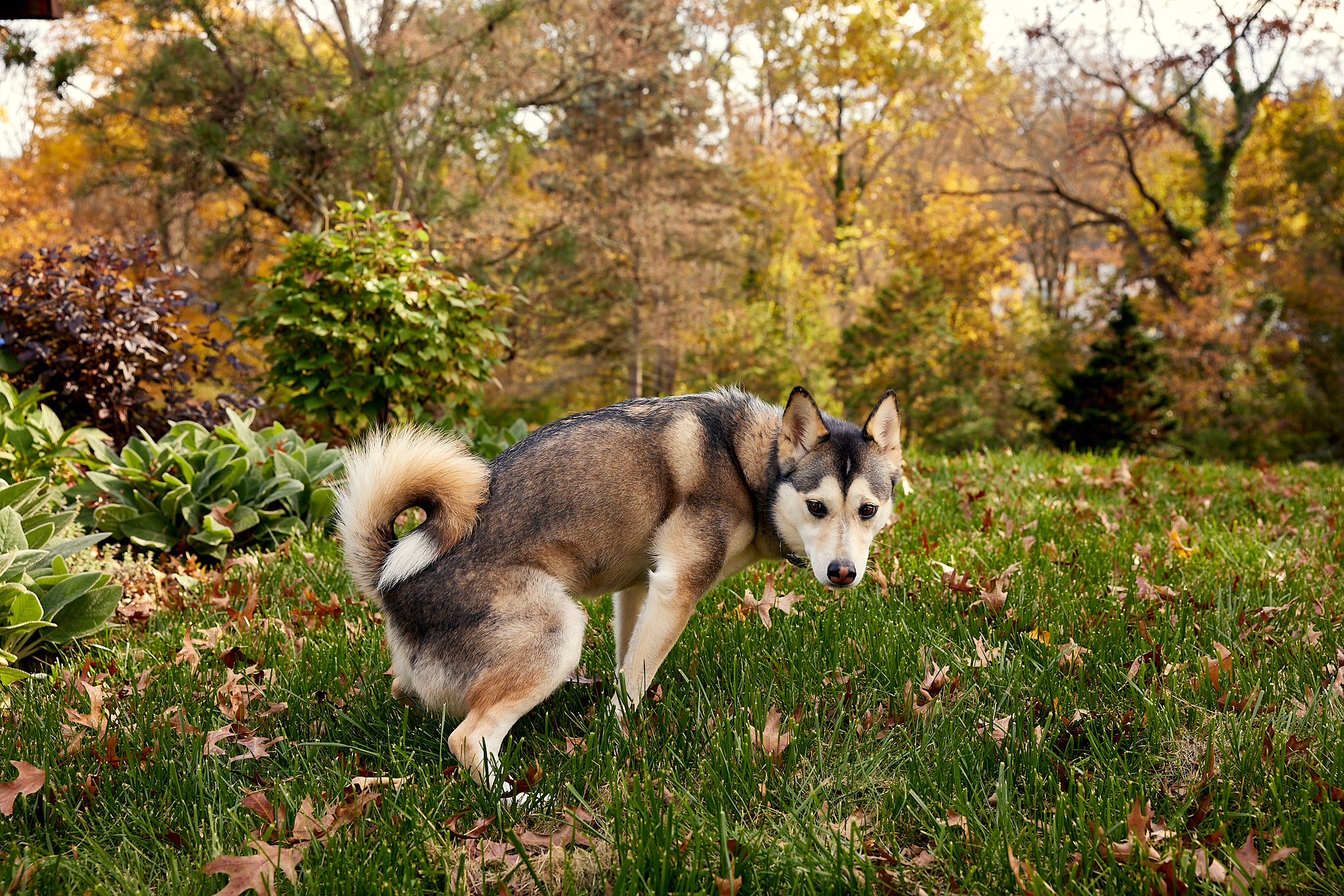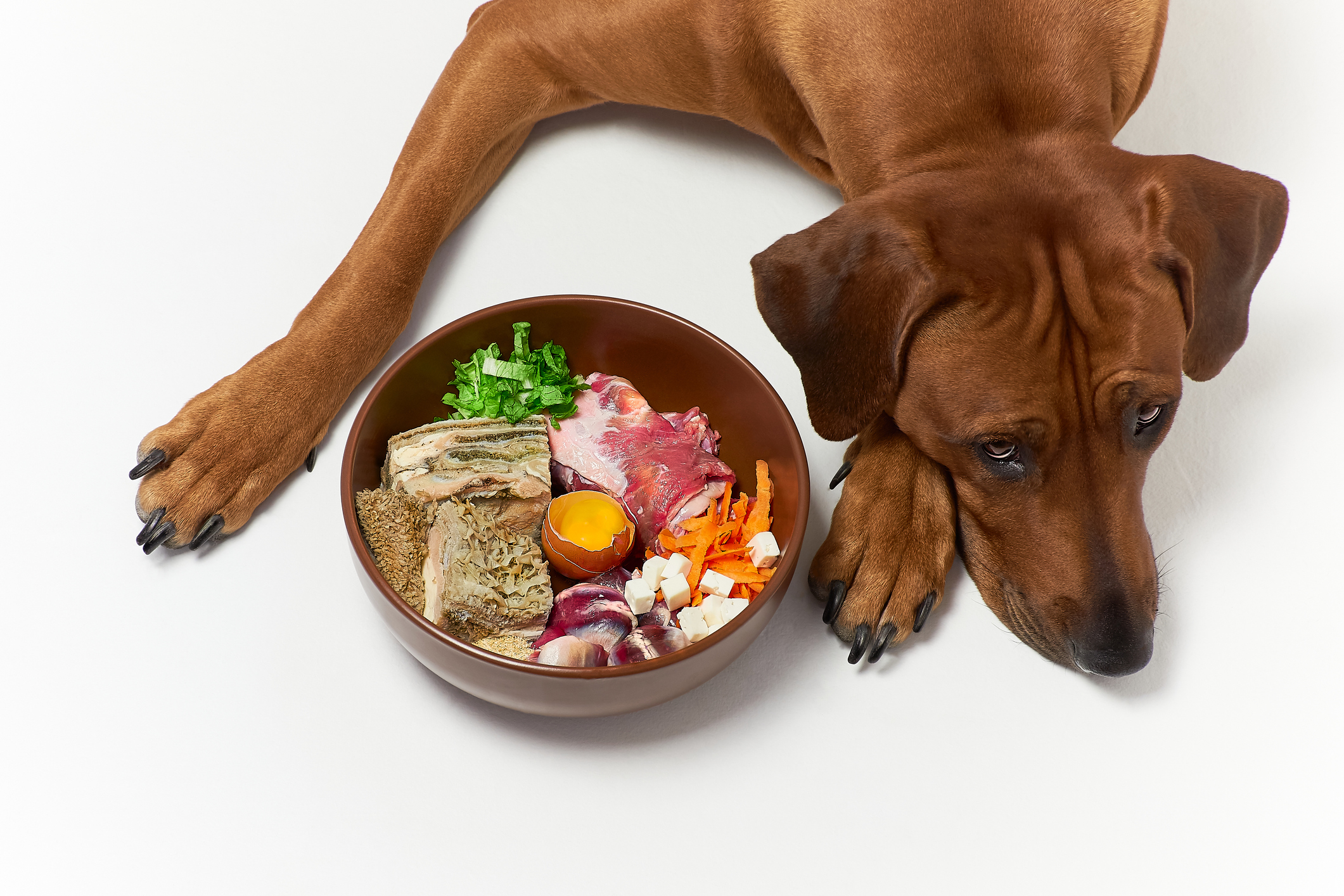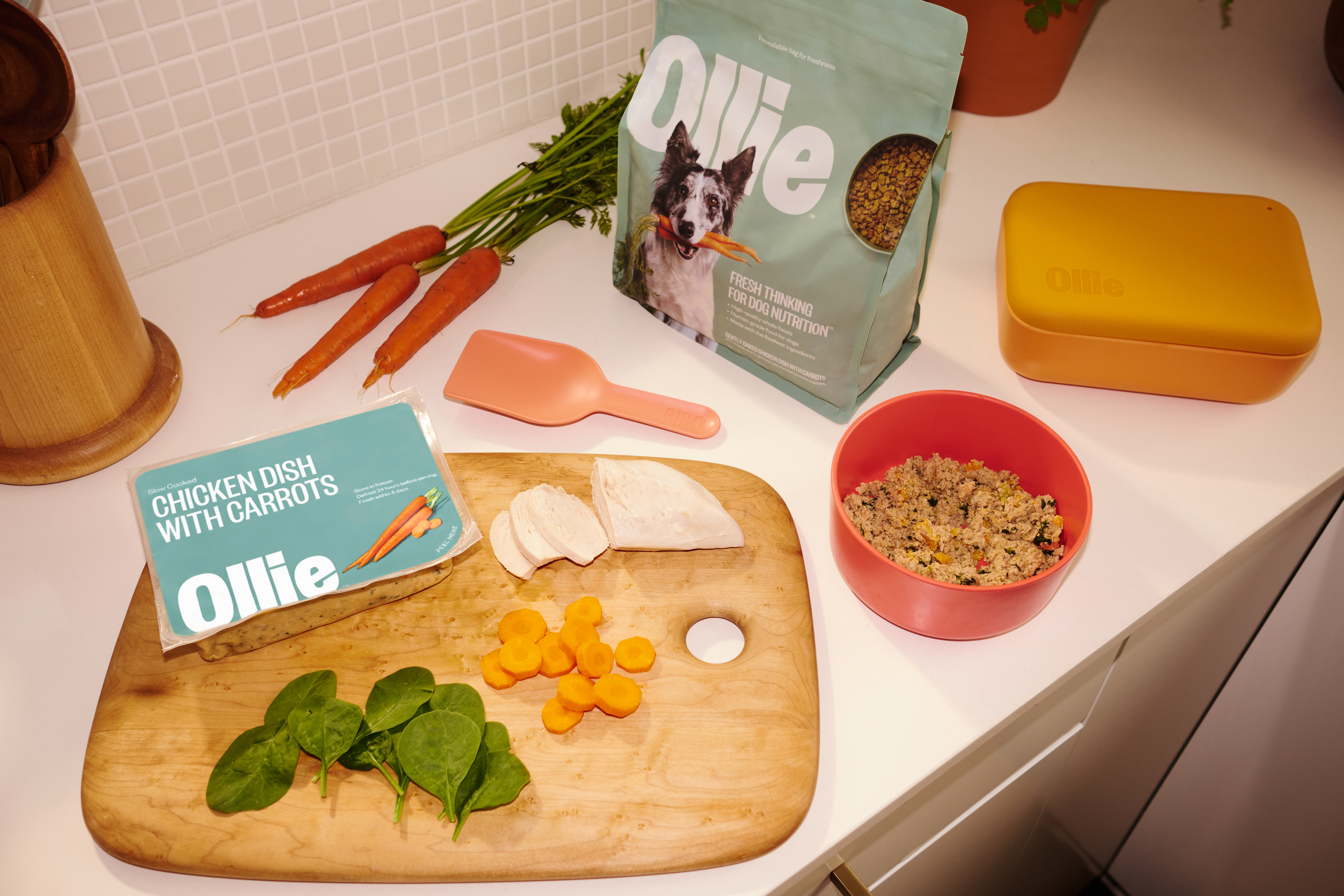Hey Ollie blog readers! We’re offering you an exclusive 60% OFF your starter box! Try now!
Tofu, tempeh, edamame, soy Milk and soybeans are the most common sources of Soy in our diets. But should our dogs eat them with us? Soy is said to have many health benefits (and some risks) for humans and is a prized protein source for many people who follow vegetarian and vegan diets. How does this translate to our canine best friends?
Benefits of feeding soy to your dog
Good source of protein
Soy is beloved by those who can’t or don’t eat meat for its high protein content. The same may be true for your pet. If your pet is allergic to some (or all) animal proteins soy might be an appropriate choice. It is a pure form of plant protein. As discussed above, it can sometimes be highly processed to taste more like meat or other flavors. These foods should not be served to your dog.
Helpful for dogs with digestive problems
Hydrolyzed soy protein can be easy for dogs to digest if they are having issues with other proteins. It can also help diagnose allergies. If your pet is having digestive issues and you’ve been having issues getting your pet to eat, discuss feeding soy with your dog’s doctor.
High in fiber
This can help your pet feel full after meals. This can help with weight management. If your dog is overweight discuss adding soy protein to your pet’s diet.

Reasons not to share your tofu with your dog
While there can be some benefits to adding soy to your dog’s diet there are also some risks. These 6 potential side effects of soy can range from mildly irritating to life-threatening or expensive to treat.
Excessive consumption can lead to too much estrogen and a hormone imbalance. This can cause additional health issues for your pet including cancers or thyroid issues.
Soy allergies
Allergies can cause issues ranging from hives and stomach issues to anaphylaxis. Other issues including ear infections and hair loss are also discussed below. If your pet is severely allergic to soy take him to the vet immediately after consumption for treatment. For less severe reactions you will want to work with your vet on a treatment plan to keep your pet healthy. Avoid feeding soy in the future and if you include soy in your diet, be sure not to share your food with your pet.
Stomach issues including vomiting and diarrhea
If your pet is sick after eating soy, you’ll want to stop feeding it immediately. If the symptoms do not resolve quickly (within 24 hours) or get worse, you’ll want to seek medical attention. Your pet could be having an allergic reaction or bloat and may need additional treatment. According to the American Kennel Club, dogs who eat food with soybean meal or include oils or fats in the first four ingredients have four times the risk of experiencing bloat.
Excessive licking
If your pet is allergic to soy they may excessively lick their skin. This can also become a compulsive behavior if it is not stopped. Do not continue to feed your dog soy, monitor for hot spots and seek additional medical treatment if the licking behavior continues.
Hair loss
Hair loss is another complication caused by a soy allergy. If you are feeding soy and notice that your pet is losing their hair you should stop feeding and confirm that it was due to allergies. You want to make sure the correlation between hair loss and soy isn’t coincidental as hair loss can also indicate other issues.
Ear infection
Believe it or not, ear infections can also be caused by soy allergies. If your pet develops an ear infection you will need to treat the infection and remove soy from your dog’s diet. Your vet may give you some ointment or drops to put in your dog’s ear to treat the infection. Left untreated ear infections can cause additional issues.
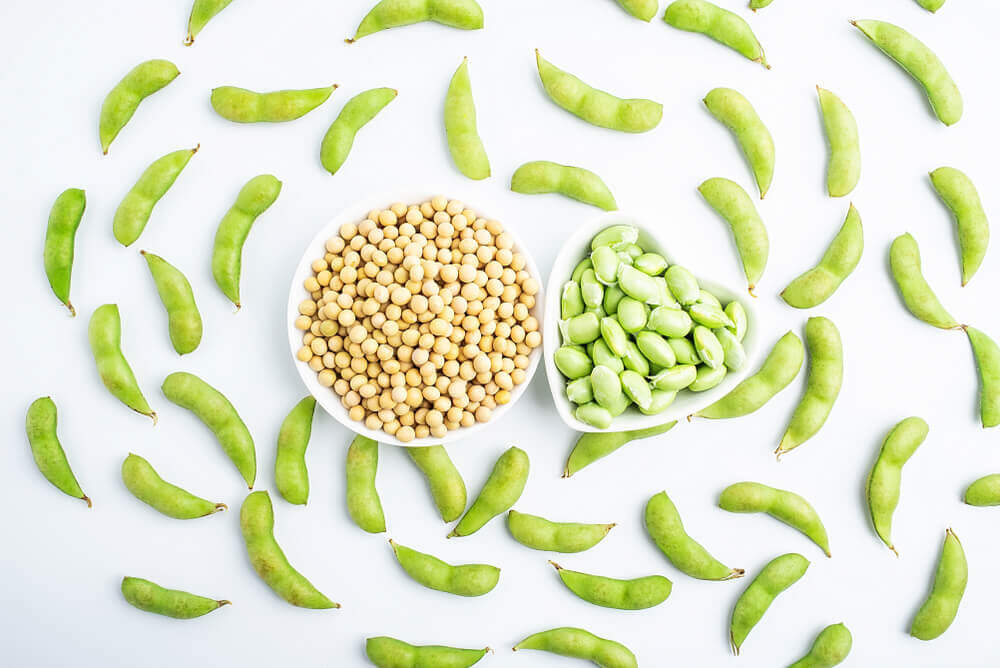
Introduction to Soy and Soy Products
There are many ways to consume soy. In addition to the products below many other products, you consume every day contain soy. If you have a soy allergy you’ll need to read labels very carefully. When it comes to your pet, there are some forms of soy they should refrain from eating. Discuss the best types of soy to share with your pet with a trained nutritionist or your dog’s doctor.
Whole soy products
These are the least processed forms of soy and these include:
- Edamame (Immature soybeans)
- Soybeans: Can be used to produce soy milk. The curds from this milk are then extracted and pressed into tofu.
Fermented soy products
Soy products that have been through a fermentation process include:
- Tempeh: This is a type of fermented soy cake that was invented in Indonesia
- Miso: A traditional Japanese seasoning paste made of fermented soy, salt and fungus
- Soy Sauce: Is a thin, brown liquid made from fermented soy, roasted grains, salt and a special type of mold
Soy-based Processed foods
These heavily processed products include:
- Meat replacements like Chik’n nuggets, "sausage" crumbles, and textured veggie protein (TVP)
- Soy cheese (Can be blocks, slices or shredded)
- Non-dairy yogurt (Made with a soy milk base)
In summary, consult your pets doctor or nutritionist before you add any form of soy to your pet’s diet. They will be best equipped to help you decide if the benefits outweigh the risks for potential side effects. If your pet counter surfs or steals some of your tofu, it is probably not cause for worry as in small quantities it is relatively safe for them to eat. If your dog has eaten a large amount of tofu or other soy product, monitor for signs of distress or allergic reaction, and contact your vet should you think your dog will require additional treatment. You also want to check the ingredients in soy products not intended for your pet as there are spices and other ingredients that may not be safe for them to eat.
The Ollie blog is devoted to helping pet parents lead healthier lives with their pups. If you want to learn more about our fresh, human-grade food, check out MyOllie.com.
Tagged As:

The nutrition your dog needs,
the food they want.

Enjoying our articles? Subscribe our Newsletters and get new articles directly to your inbox
You might also like
3 July 2025
5 MINS READ
How Fresh Food Can Help Your Dog Have Perfect Poops
As a pup parent, you’re likely very familiar with your dog’s bathroom habits. While it may not be the most glamorous part of taking care of your pup, a dog’s stool can be one of the most dir…
by Ollie Pets
3 July 2025
5 MINS READ
Understanding the Risks of Raw Dog Food
When it comes to choosing the right diet for your dog, understanding the full picture is crucial for making an informed decision. In this article, we’ll dig deeper into what defines a raw diet, …
by Ollie Pets
3 July 2025
4 MINS READ
Understanding a Balanced Diet for Your Dog
As a dedicated pet parent, you want to provide the best for your dog, and that starts with their food bowl. We all understand the basics of a balanced diet for ourselves, but what does that look l…
by Ollie Pets

